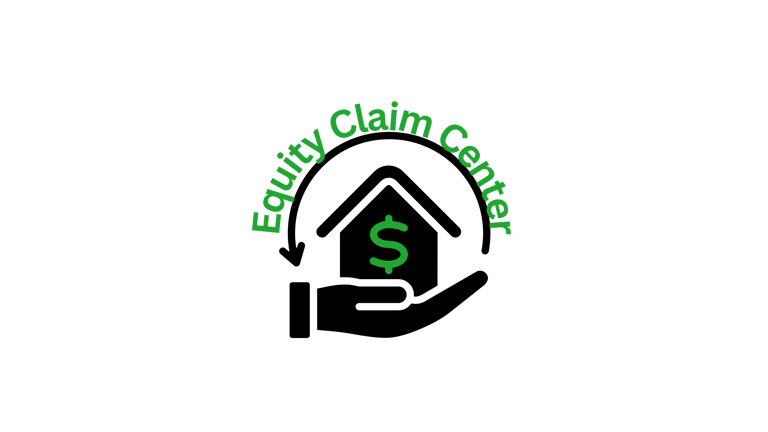Life After Foreclosure: How to Bounce Back Financially
Financial journey after foreclosure
Edgar Stevens
4/14/20253 min read
My post content
Let’s be Real—Foreclosure is Tough.
Whether it came out of the blue or was a slow unraveling, losing a home can feel like a major setback. Emotionally, financially, and even socially, it hits hard. But here’s the truth: foreclosure isn’t the end of your financial story. In fact, it can be the start of a new chapter—one with more clarity, stronger habits, and a smarter approach to money.
If you’re navigating life after foreclosure, here’s how to start building your financial comeback. First Off, reach out to our Equity Claim Center above to speak with one of our Claim Agents.
1. Let Yourself Breathe First
Before anything else, take a moment to breathe. Seriously. Financial stress can feel overwhelming, and foreclosure is a major life event. It’s okay to feel what you’re feeling—frustration, shame, sadness, maybe even relief. Processing it emotionally helps you move forward with a clear head.
2. Assess Where You Stand
Now, let’s get a snapshot of your current financial reality. That includes:
Your credit score (you can check it for free through sites like Credit Karma or directly with the credit bureaus)
Outstanding debts
Monthly income vs. expenses
Any savings you’ve still got
Think of this as your “starting point.” Knowing where you are helps you figure out where to go next.
3. Rebuild Your Credit (Yes, It’s Possible!)
Foreclosure can knock your credit score down big time, but it’s not permanent. In most cases, it stays on your report for seven years, but your score can start improving much sooner if you make smart moves now:
Pay bills on time – payment history is huge for your credit score.
Keep credit card balances low – ideally under 30% of your limit.
Avoid opening too many new accounts – too many credit pulls can ding your score temporarily.
And if you’re having trouble getting approved for a regular credit card, consider a secured credit card. It’s a great tool to start rebuilding trust with lenders.
4. Create a Budget That Works For You
This is where you take control. Create a monthly budget that’s realistic and sustainable. It should prioritize:
Essential expenses (rent, food, transportation)
Minimum debt payments
Emergency savings—even $25/month counts
Fun money (yes, a little bit—you’re still human!)
Use whatever method works best for you: a budgeting app, a spreadsheet, or even the envelope system. The key is to make it stick.
5. Start Saving—Even Just a Little
After a foreclosure, saving money can feel almost laughable. But trust me—building a small emergency fund gives you a sense of security that’s worth its weight in gold.
Start small. Aim for $500, then $1,000. Eventually, try to save three to six months’ worth of expenses. Even if it takes a while, the important part is consistency.
6. Think Long-Term About Housing
You might not be able to buy another home right away—and that’s okay. Many lenders require you to wait 2–7 years after a foreclosure before qualifying for a new mortgage, depending on the type of loan.
In the meantime:
Consider renting to regroup financially
Work on improving your credit and saving for a down payment
When you're ready, look into FHA loans—they have more flexible requirements for folks rebuilding
7. Find Support and Keep Learning
You don’t have to figure it all out on your own. Nonprofit credit counseling agencies can offer free or low-cost advice, budgeting help, and even assist with debt repayment plans. Look for agencies accredited by the National Foundation for Credit Counseling (NFCC).
Also, lean into financial education—books, blogs, podcasts, YouTube. The more you learn, the more empowered you’ll feel.
Final Thoughts
Foreclosure can feel like a full stop—but it doesn’t have to be. With time, patience, and a bit of hustle, it can actually be the beginning of something more stable and grounded. Plenty of people have gone through it and come out stronger on the other side—and you can too.
Your comeback story is yours to write. Start where you are, use what you have, and take one step at a time. You've got this.
Address
4413 Sebring Avenue
Sebring, FL 33875
Contacts
(863) 275-0577
info@equityclaimcenter.com
